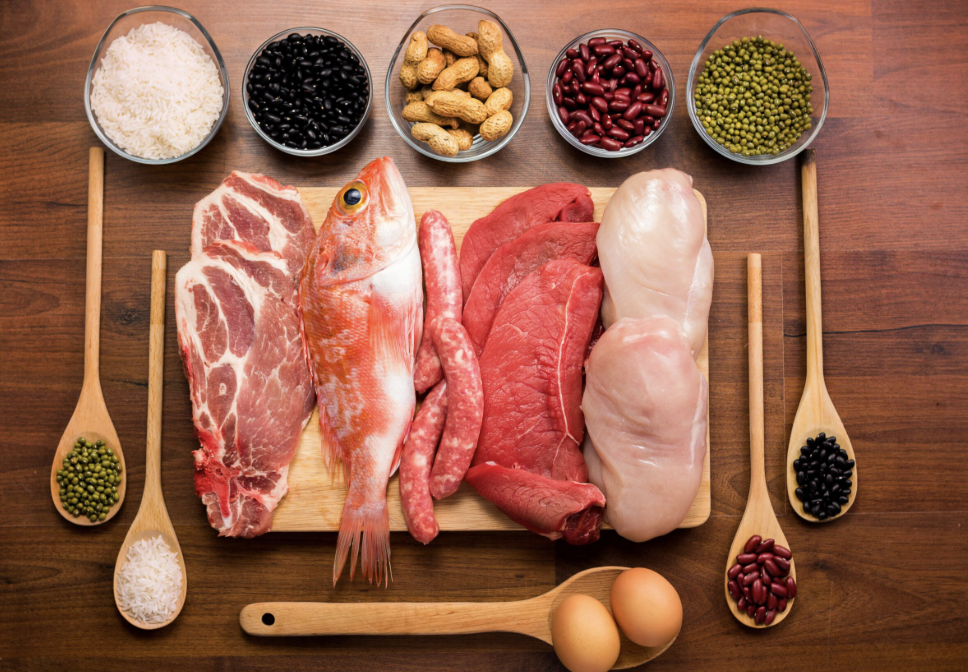Protein isn’t just for muscles! It plays a crucial role in protecting the body. See what happens when you don’t get enough and how to incorporate it into your diet.
Insufficient protein intake can significantly affect the immune system, as protein is essential for:
🔹 Antibody production
🔹 Immune cell function
🔹 Wound healing & tissue regeneration
🔹 Antioxidant defense & inflammation reduction
✅ Proteins are the building blocks of antibodies and white blood cells (T-lymphocytes, B-lymphocytes, macrophages).
❌ If we don’t get enough protein, the body cannot produce enough antibodies to fight infections.
❌ The immune response becomes slower, leaving the body vulnerable to viruses & bacteria.
✅ Protein enhances the production of cytokines, which are immune messenger molecules.
❌ With insufficient protein, the body has difficulty activating the inflammatory response, making us more susceptible to infections (e.g. colds, flu).
✅ Muscles are stores of amino acids, which are used for tissue repair and the production of immune cells.
❌ If the diet does not have enough protein, the body breaks down muscle tissue to get the necessary amino acids.
❌ This leads to general weakness & slower recovery from illness.
✅ Protein is critical for wound healing and cell repair.
❌ Lack of protein slows down the creation of new cells and recovery from injuries or illnesses.
✅ Glutathione (the body’s powerful antioxidant) is synthesized from amino acids (glycine, glutamine, cysteine).
❌ Insufficient protein reduces its levels, leading to:
– Increased oxidative stress
– Chronic inflammation
– Greater risk of autoimmune diseases
Conclusion
Low protein intake weakens the immune system, delays healing, increases infections and causes inflammation.
✅ Solution: Ensure 1.2-1.5g of protein/kg of body weight, from meat, fish, eggs, dairy, legumes & nuts for a strong immune system!

